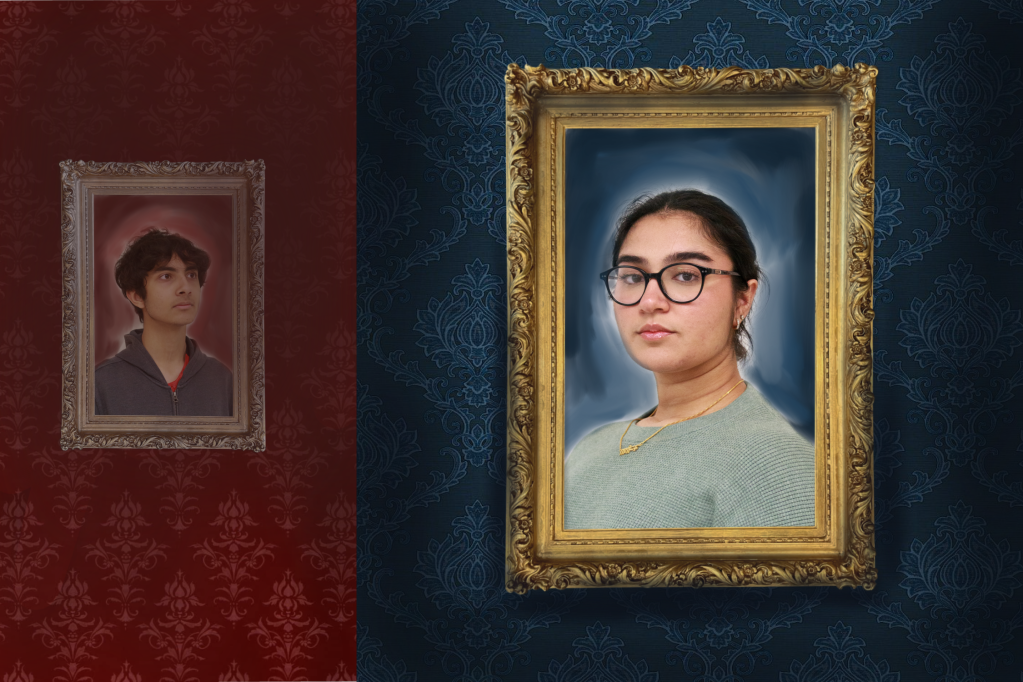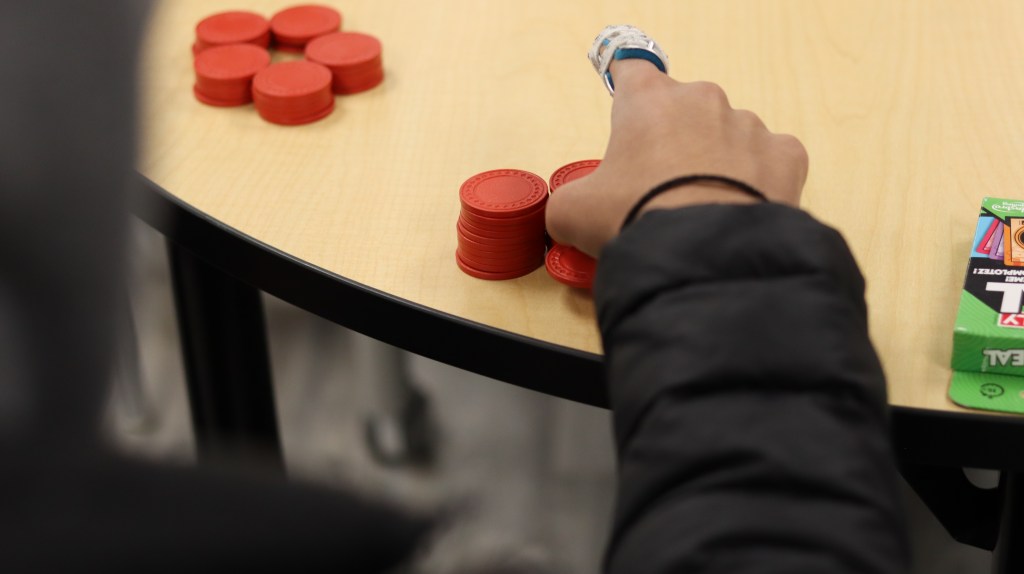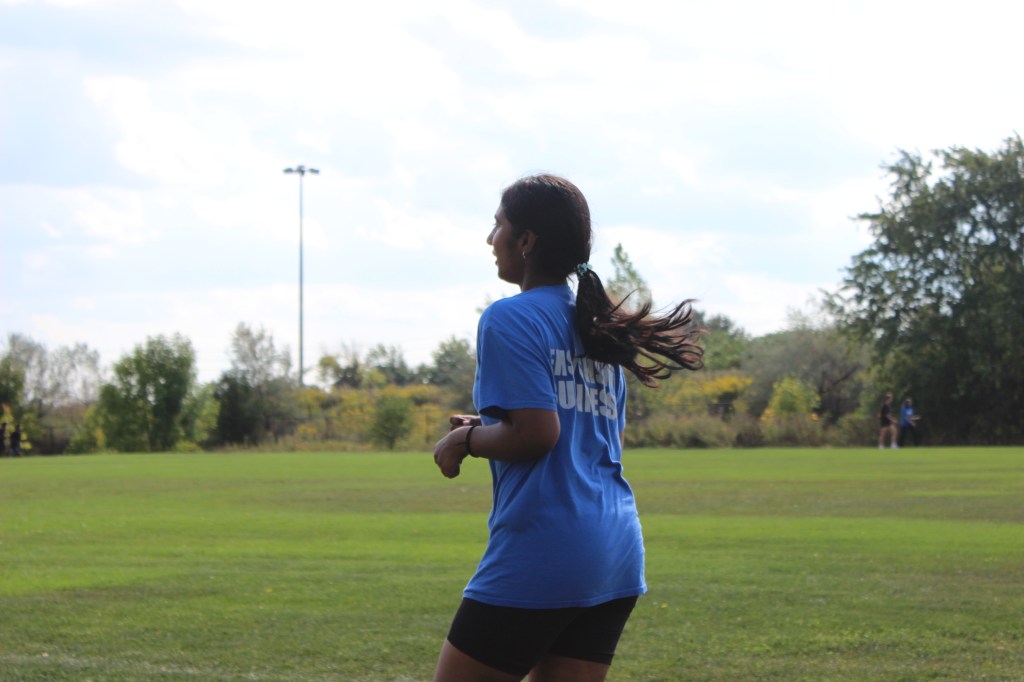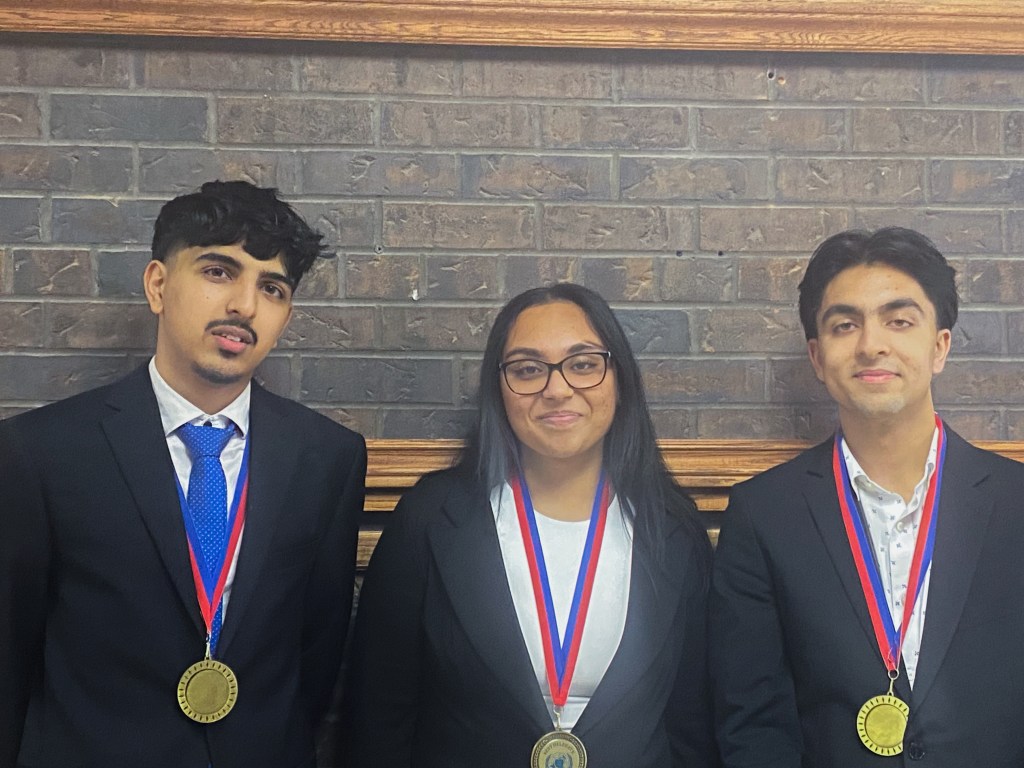Did you know that Canada was the birthplace of insulin, a life-saving treatment for diabetes discovered by Dr. Frederick Banting and Charles Best in 1921? This groundbreaking discovery has saved millions of lives worldwide and it all started with two Canadian scientists who were once students trying to get through school. Understanding this monumental achievement shows us the profound impact that education and history can have on shaping our world.
The Ontario high school curriculum requires all students to take a course in Canadian history for grade 10 in order to graduate. After completing this credit, it is offered as an optional course to be taken by whoever so choses. Opinions differ, and students tend to have polarizing views on this controversial subject. Some are happy to get it over with, whereas others can’t wait to take it next year. In the following article, you will understand why it is important that history be taught in schools.
Those who are against learning this subject as a whole exclaim how boring and memory-based it is. Undoubtedly, you’ve probably heard this a million times over, and then some. Others also like to point out that there is no need to learn any of this at all. History is history for a reason, right? There’s no need to dig up the past and bring forth old dirt. Plus, it can be misinterpreted and is only written by the victors anyway.
Wrong! The truth is, learning history is seen as a chore because the way it’s taught does not cater to everyone at all times. But, this statement can be said for every other subject. Biology, Sociology, Anthropology, English, Chemistry, etc. all require some sort of memorization of terms in addition to understanding them. History happened in the past, but that definitely does not mean it cannot repeat itself. For example, we all thought that wars were a thing of the past, but take a look at the state of the world right now. The ongoing war between Ukraine and Russia, for example. According to the Moscow Times, it is difficult to face Soviet history head on and be transparent about Russia’s involvement in past international tragedies. The lack of historical education does not equip the population with tools needed and instead, creates a misinformed mindset by both romanticizing and normalizing violence by not addressing it.
Dismissing history as old dead people shows that they’ve never put any thought into the series of human stories leading up to our present day. These are the threads of every single one of our lives, weaving together to form the cloth of our world today. Almost every, if not every, question about today can be answered by following one of those threads back. For example, if you want to understand why Indigenous women and girls in Canada are going missing and being killed, follow the thread back to the 16th century, when Europeans first came to Canada.
Besides, history doesn’t just have to be about people who did bad things. There’s plenty to learn about inventions, cultures, and people who did otherwise good things. The knowledge that learning about the past equips students with is valuable. Skills such as critical thinking and empathy are needed outside of school as well. Imagine if you were unable to think about things from a different perspective. History teaches you to understand different points of view. For example, cultural awareness. By learning about the variety of significant contributions from different cultures and about the cultures themselves, students can develop this essential understanding needed in our globalized world.
Think about this for a second: what if students don’t learn history at all? We would all lack empathy, critical thinking, and the knowledge needed to navigate our world. In this rapidly changing present, the past is becoming more important than ever. History must remain solidified in our education system to understand society, people, and problems.
“The past is never dead. It’s not even past.” -William Faulkner





